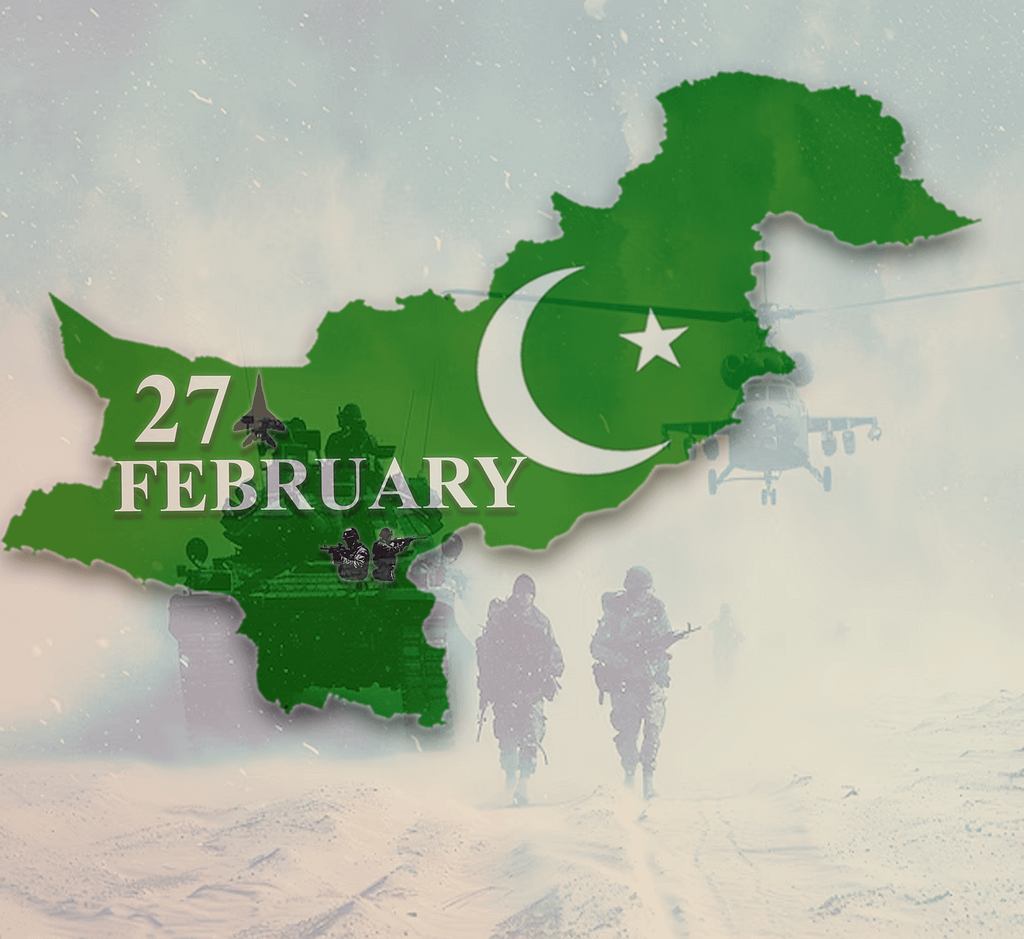Pakistan’s Retaliation on February 27, 2019: A Day of High Tensions
On February 27, 2019, the world watched as tensions between India and Pakistan escalated dramatically. This day marked a significant moment in the history of the two nuclear-armed neighbors, as Pakistan launched airstrikes in response to an Indian airstrike that had occurred just a day earlier2.
The Prelude: Indian Airstrike on Balakot
The chain of events began on February 26, 2019, when Indian warplanes conducted an airstrike on Balakot, Pakistan. The target was an alleged training camp of the terrorist group Jaish-e-Mohammed, which India claimed was responsible for a deadly attack on Indian security forces in Pulwama earlier that month3. However, satellite imagery later revealed that no significant targets were hit.
Pakistan’s Response: Operation Swift Retort
In retaliation, Pakistan’s Air Force (PAF) launched airstrikes on six targets in Indian-administered Jammu and Kashmir on February 27. This operation, codenamed “Operation Swift Retort,” was Pakistan’s first airstrike on Indian territory since the 1971 war2. The strikes were aimed at demonstrating Pakistan’s capability to hit Indian targets without causing civilian or military casualties.
The Dogfight and Capture of Abhinandan Varthaman
The situation further intensified when Indian jets pursued the Pakistani aircraft, leading to a dogfight over the disputed region of Kashmir. During this engagement, Pakistan claimed to have shot down two Indian jets and captured one pilot, Wing Commander Abhinandan Varthaman2. India confirmed the loss of one MiG-21 jet and acknowledged that Varthaman was in Pakistani custody.
Friendly Fire and Aftermath
Tragically, the day also saw an Indian Mi-17 helicopter being shot down by friendly fire, resulting in the deaths of six Indian Air Force personnel and one civilian. The incident highlighted the chaotic nature of the conflict and the risks involved in such high-stakes engagements.
International Reactions and De-escalation
The international community closely monitored the developments, urging both countries to exercise restraint and avoid further escalation. Pakistani Prime Minister Imran Khan called for dialogue and emphasized the need to prevent miscalculations that could lead to a larger conflict1. Eventually, Abhinandan Varthaman was released by Pakistan on March 1, 2019, as a gesture of goodwill and a step towards de-escalation.
This day of high tensions underscored the fragile nature of peace in the region and the importance of diplomatic efforts to resolve conflicts. The events of February 27, 2019, serve as a reminder of the potential consequences of military actions and the need for dialogue and cooperation to maintain stability.

